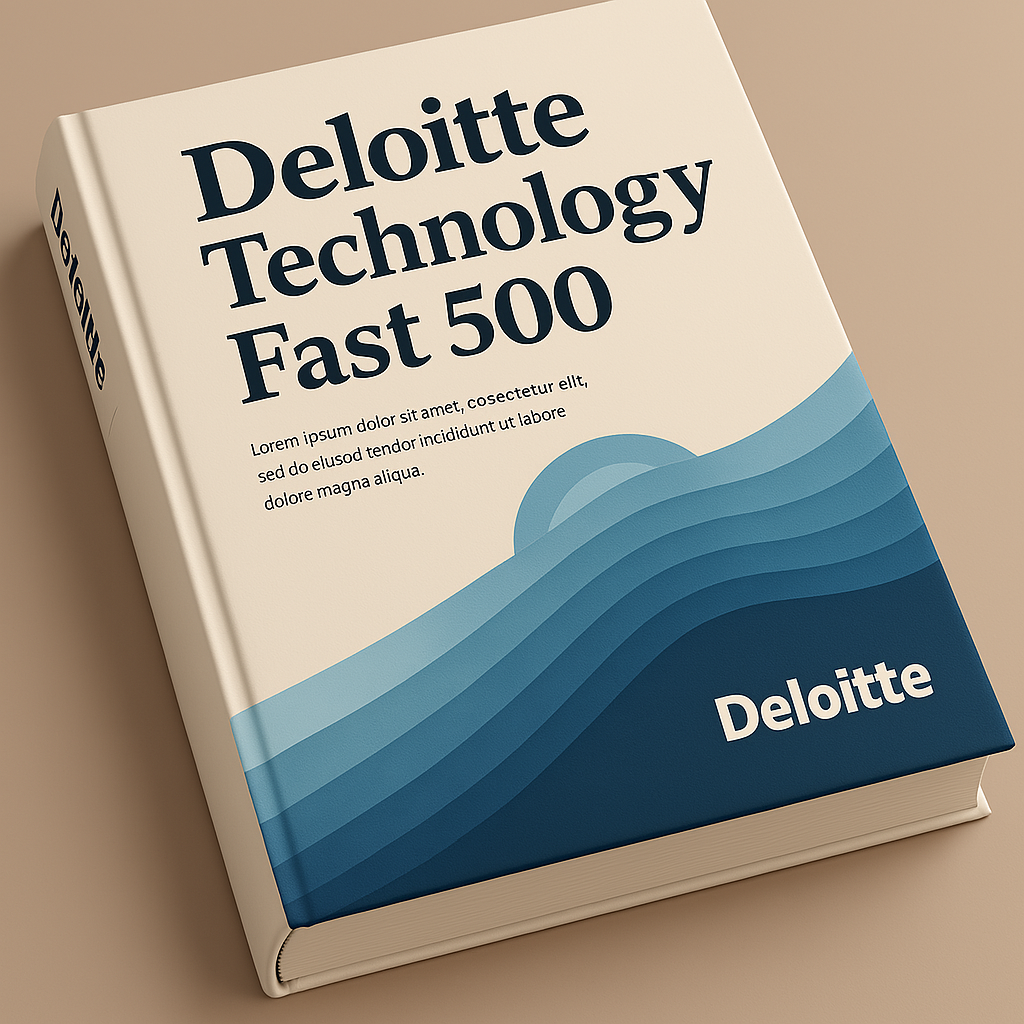Deloitte Technology Fast 500
This article explores the impact of venture capital (VC) on the growth and development of small and medium-sized enterprises (SMEs), highlighting the effectiveness of VC investments in driving business expansion, operational scalability, and market competitiveness. The findings indicate that VC-backed SMEs experience a 50% higher revenue growth rate than their non-VC counterparts, showcasing the transformational role of venture capital in accelerating business development and enhancing financial performance. By providing not just funding but also strategic guidance, industry expertise, and access to key networks, VCs enable SMEs to scale their operations more efficiently, enter new markets, and optimize their business models for sustainable growth.,One of the key advantages of VC investment is its role in strengthening operational capabilities, with 65% of SMEs receiving VC funding reporting enhanced efficiency and market reach. This operational scaling is crucial for SMEs aiming to expand their infrastructure, adopt new technologies, and streamline supply chain processes to meet increasing consumer demand and sustain long-term competitiveness. Additionally, VC funding significantly improves strategic decision-making and market positioning, leading to a 40% increase in competitive advantage for SMEs. VCs bring valuable mentorship, data-driven insights, and market intelligence, allowing SMEs to make informed business decisions, pivot when necessary, and align their strategies with evolving industry trends.,The study also highlights a sectoral shift in VC investments, with an increasing focus on technology and innovation-driven businesses. Over the past five years, VC funding in these sectors has grown by 35%, reflecting investor confidence in the scalability and disruptive potential of tech-based SMEs. Startups specializing in AI, fintech, clean energy, and SaaS solutions are receiving greater attention, as these industries present high-growth opportunities and long-term market sustainability. This trend underscores the evolving priorities of venture capitalists, who are increasingly looking for SMEs with strong digital foundations, scalable business models, and industry-transforming potential.,Overall, the impact of venture capital on SMEs extends far beyond financial investment, serving as a key catalyst for revenue growth, operational scaling, and strategic market positioning. By securing VC backing, SMEs gain access to not only capital but also high-value industry expertise, networking opportunities, and structured growth strategies, all of which contribute to long-term business success and economic development. These insights highlight the importance of VC investment in shaping the future of high-potential SMEs, enabling them to drive innovation, compete on a global scale, and establish themselves as market leaders in an increasingly competitive business landscape.,
Why is relevant?
The article underscores the substantial benefits of venture capital (VC) funding for small and medium-sized enterprises (SMEs), demonstrating how targeted VC investments accelerate growth, enhance scalability, and drive long-term business success. By injecting capital, strategic mentorship, and industry expertise, VC firms empower SMEs to expand their market presence, optimize operations, and strengthen their competitive positioning. The data highlights that VC-backed SMEs experience 50% higher revenue growth compared to non-VC firms, showcasing the direct impact of venture capital on financial expansion and business sustainability.,Additionally, 65% of SMEs receiving VC funding report improved operational capabilities, enabling them to scale efficiently, adopt cutting-edge technologies, and refine their business models to meet market demands. Beyond financial support, VC firms play a pivotal role in strategic decision-making, facilitating a 40% increase in competitive advantage for funded businesses by providing industry insights, market intelligence, and structured growth frameworks. The article also highlights an ongoing sectoral shift in VC investments, with a 35% rise in funding directed toward technology and innovation-driven SMEs over the past five years. This trend reflects investor confidence in scalable, high-growth industries such as AI, fintech, clean energy, and SaaS, where SMEs can leverage digital transformation and technological advancements to disrupt markets and achieve sustainable expansion.,By illustrating these key advantages, the article reinforces the strategic value of venture capital as a driving force behind business success and sector-specific innovation. The insights provided offer a clear roadmap for entrepreneurs seeking to secure funding, as well as for investors looking to optimize their VC strategies in high-potential industries. As venture capital continues to fuel SME growth, facilitate innovation, and shape industry landscapes, it remains a critical enabler of economic development and long-term market leadership for emerging businesses.,

Author
Christopher Anderson, Laura Hernandez
Publication date
June 30th, 2018
Difficulty
Medium
Keywords
- Venture Capital
- SME Growth
- Operational Scaling
- Funding Effectiveness
- Sector Focus
Last update